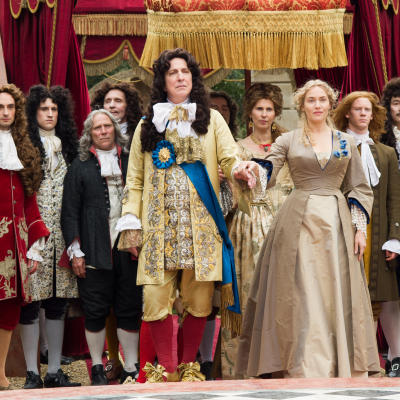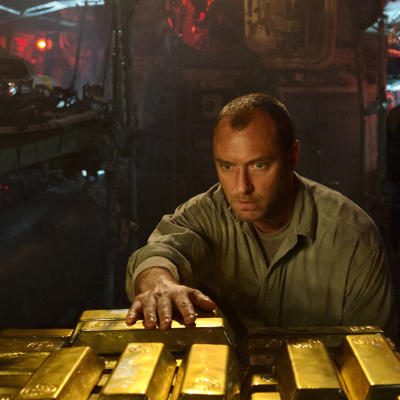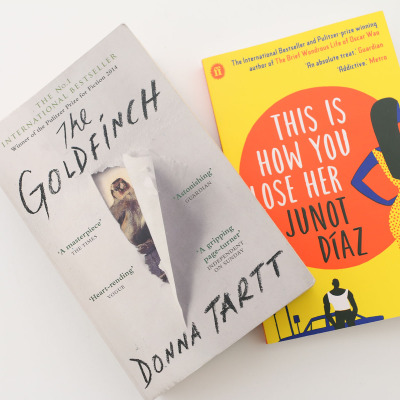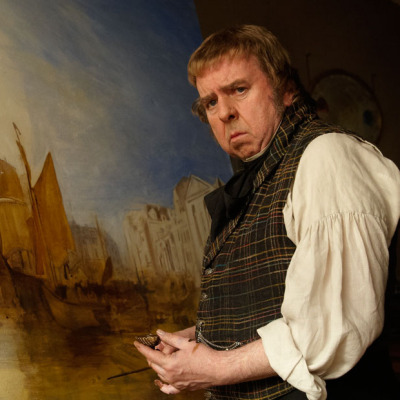Testament of Youth is a film based on the hugely popular and influential memoir of the same name by Vera Brittain, written about her experiences during the First World War, when she was employed as a nurse both in England and on the front. It almost seems impossible to argue that this film adaption by screenwriter Juliette Towhidi and director James Kent could be narratively flawed - it's a true story, after all - but adapting a story like this for the screen is not simply a matter of transposing, but retelling.
It feels as if in the transition from the first person storytelling of a memoir, into the third person medium of film, something has been lost. Particularly in the first act, the pace seems clipped and hurried, lacking in logical payoff. In an early scene, Vera gives an impassioned speech, declaring that she desires nothing more than an education and does not want to be married ever. A short time later, when it seems like her dream of attending Oxford University is going to come true, she still chases blindly after the approval of Roland, a friend of her brother Edward.
With a talented cast including up-and-coming Swedish actress Alicia Vikander as Vera, Taron Egerton (of the recent Kingsman: The Secret Service) in a surprisingly soft and affectionate role as Edward, Game of Thrones' Kit Harrington as Roland and a memorable appearance by Emily Watson as Vera's tender but meek mother, it's easy to overlook some of the film's flaws. As with any film concerning war, death is always lurking, and when it strikes the emotions are real and palpable, thanks in large part to the cast.
Despite its rocky start, the film makes intriguing and thought-provoking points about gender roles - the struggle of women to prove their worth, the conditioning of young men to prove their manhood by going to war - and about war itself. Vera Brittain was a renowned pacifist during her life, and the film reflects that keenly and eloquently. In showing the war from the point-of-view of a woman like Vera, the film taps into the ground-level implications of bloodshed, devoid of blockheaded machismo.
The emotional payoff of the film is engrossing and affecting because it is stated in broad, universal terms. It's sad that its themes about the futility of war are still so relevant today. It is when one examines the more specific, personal aspects of Vera's story as presented in the film that the narrative begins to strain. Her relationship with Roland, which takes up a large amount of screen time is a particularly egregious example, because, whether due to the screenplay or Harrington's performance (possibly both) the character is not fully realised and Vera's attraction to him is a little baffling.
The film skims over Brittain's story, condensing four years of her life into just over two hours. It hones in on the most important events, but often they lack context. It's hard to empathise when you haven't been given a chance to really know the characters that have lost their lives. As it stands, Testament of Youth is a well-made, well-acted, often achingly beautiful piece of cinema, but there is something missing that would have made it stand out. Testament of Youth is a thought-provoking and intelligent memoir, but as a film, it's just okay.
Testament of Youth opens in Australian cinemas on April 23.



